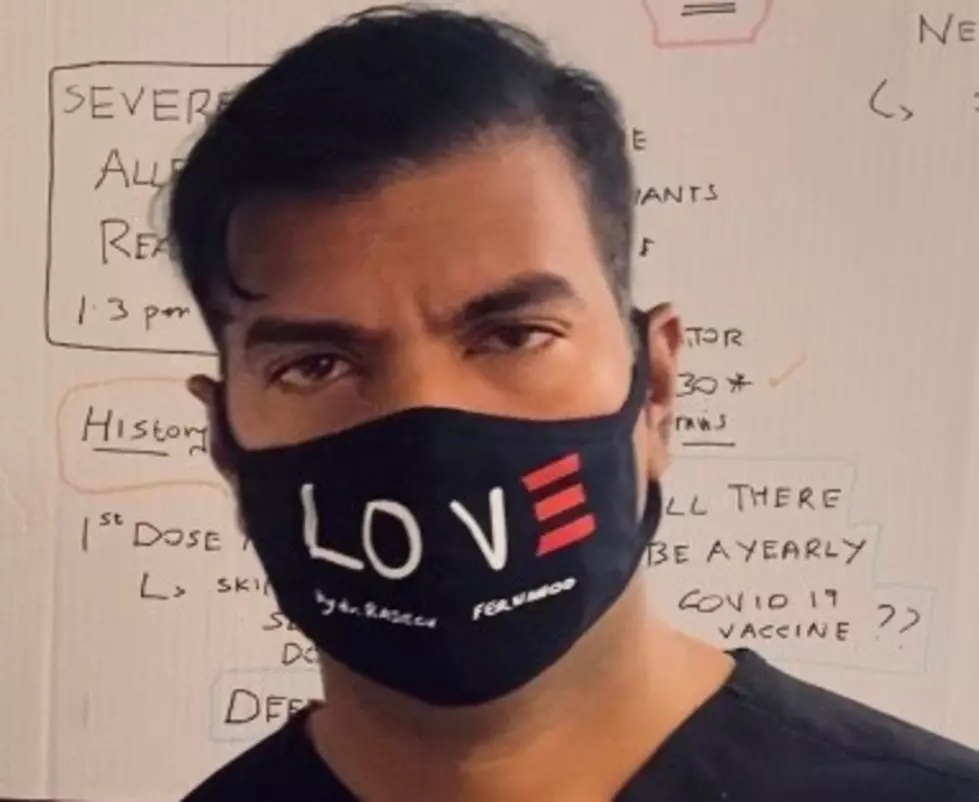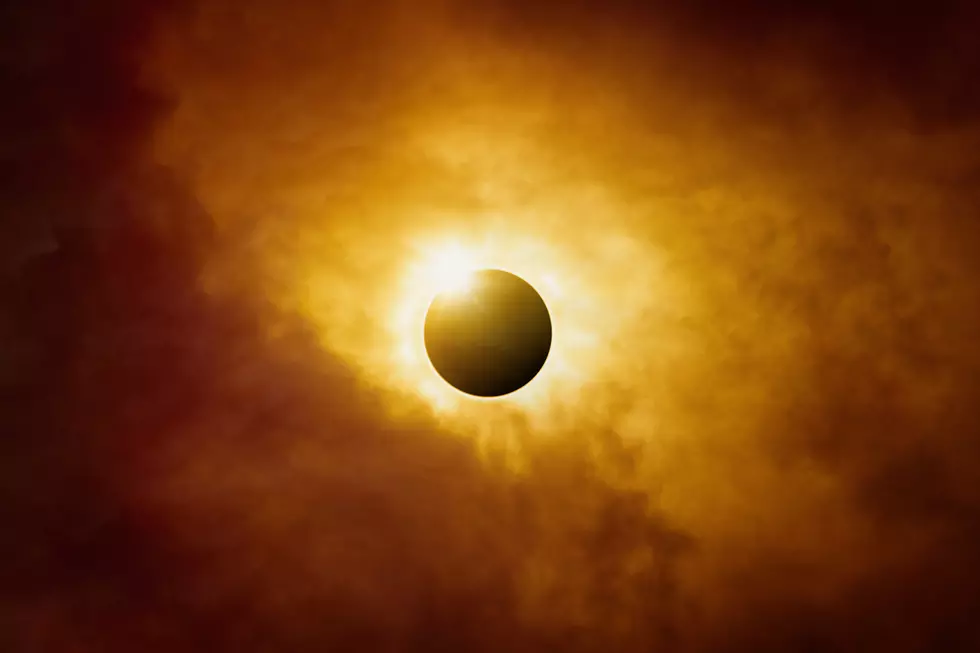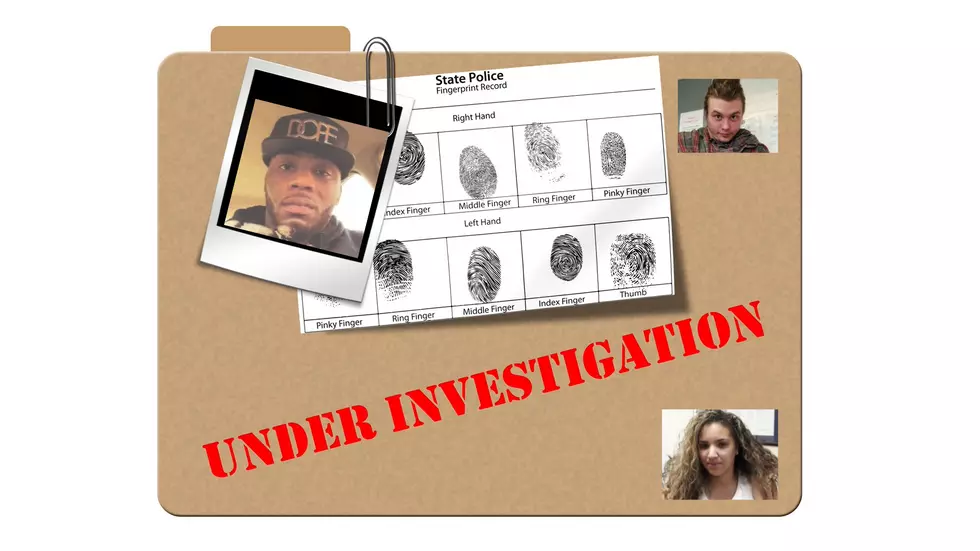
Top Doctor Talks New Virus Strain, Rapid Tests and Super Bowl Parties
When you need to know what's happening with the coronavirus, join KICKS 105.5 every Thursday morning. Dr. Rajeev Fernando answers your COVID-19 questions.
Dr. Rajeev Fernando is one of New York's Top Infectious Disease Specialists and this week he answers your COVID-19 questions about the new strain of the virus, if the current vaccine work to prevent it and Super Bowl parties.
Morgan in Wingdale wants to know about the South African strain of the virus. Now that it's present in Connecticut, will the vaccine be able to eradicate it?
"The South African strain is a mutation and we see that with all forms of the coronavirus. Mutation happens within what we call the spike protein, which is what causes clinical disease. The South African strain happens to have mutations at the very critical portion of the spike protein, and that's what has everyone concerned right now. We are still studying to see how affective the vaccine will be, but there are a couple of companies out there which have already said it's not going to be as affective as it should. It will be affective to pass the percentage to actually work. For example, on the current U.S and U.K. strains that we have been seeing since the start of the pandemic, both Pfizer and Moderna predict 95% success. And just to point out, it prevents death by 100%. You get the vaccine, there's a 0% chance you will die. Moderna is now proposing a third dose if it becomes necessary. It's also important to understand that these tweaks can be made by vaccination companies very quickly. They recognize some changes and mutations, then they go back to the drawing board and tweak the vaccine a little bit, it's basically done without raising an eyebrow. It's completely possible if the strain changes and we're noticing decreased efficacy, like Moderna, they will say let's do another dose and it can be done that quickly."
Joyce is in Sandy Hook and she says a few of my friends have had the rapid test, how accurate is it?
"Good question Joyce, the rapid test has pretty much become standard of care. The PCR is the gold standard, but if you have no symptoms, low exposures, and you just want to get tested to be on the safer side, a rapid test is a pretty good test. If you have symptoms and say you were exposed to someone with COVID-19, and you get a negative rapid test, that's when I would get suspicious and go for the PCR test. The difference is the time in which you will get your results. The PCR test usually takes anywhere from two to three days to get results opposed to the rapid test which usually takes about 10 minutes."
So how long should you wait before you get tested if you've been exposed?
"That's the magic question which I don't think anybody really knows for sure. But I usually wait like five days or so. In my clinical experience with this virus over the last year, this is not published, there's really no data on it, but it tells me that by day five after exposure you should have symptoms."
I would assume that people should stay away from those big Super Bowl parties this year?
"One of the reasons that areas of Southern California are so bad is because of these super spreader events. People watched and had large gatherings when the Lakers were in the NBA Finals and when the Dodgers were in the World Series. These are the type of super spreader events that I'm concerned about come Super Bowl Sunday. All I ask people is try to be patient, avoid those big game parties because that can lead to another surge in cases."
NEED A FREE MASK?
Dr. Rajeev is offering free masks if you need some. There's no charge, and he'll even pick up the shipping charge. Just visit maskupearth.org and place your order.

CHECK IT OUT: Here's how to stop your glasses from fogging while wearing a face mask
More From The Wolf









